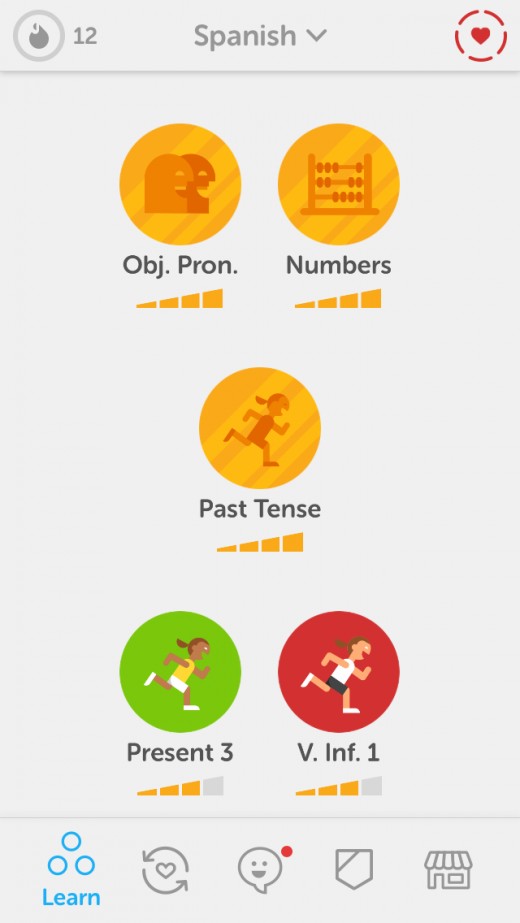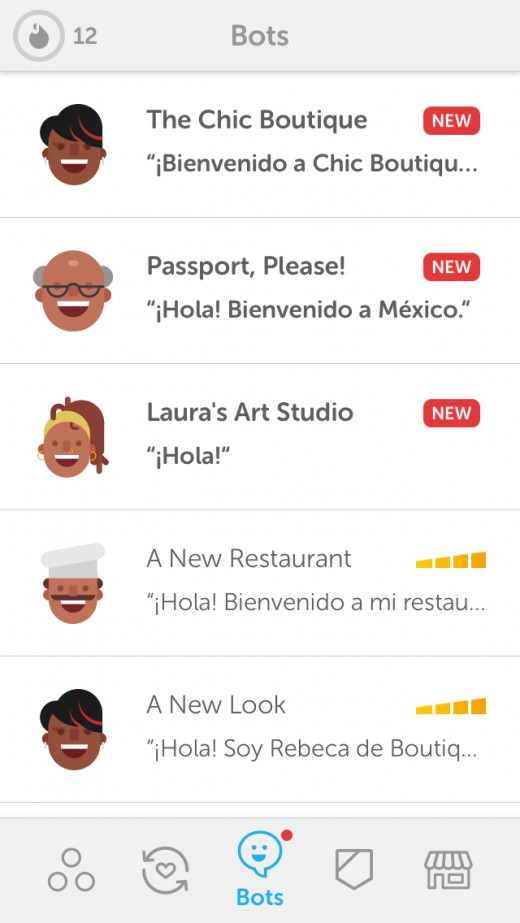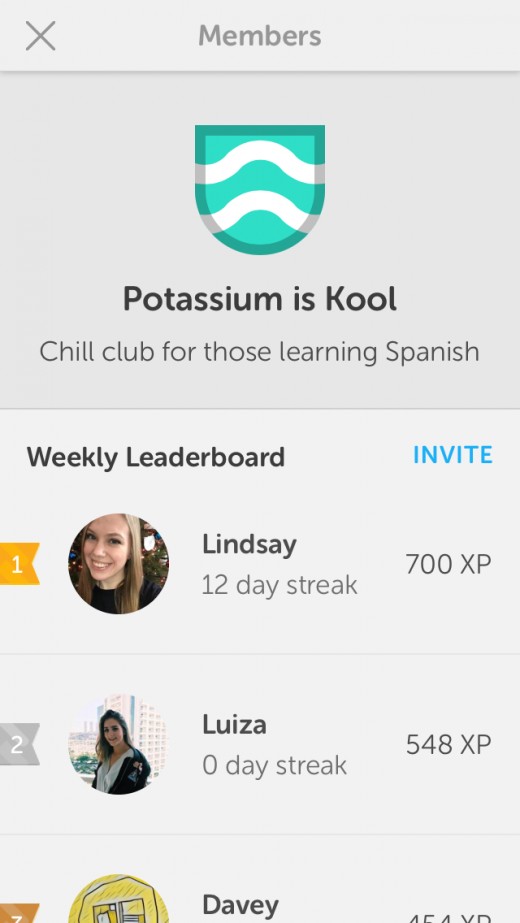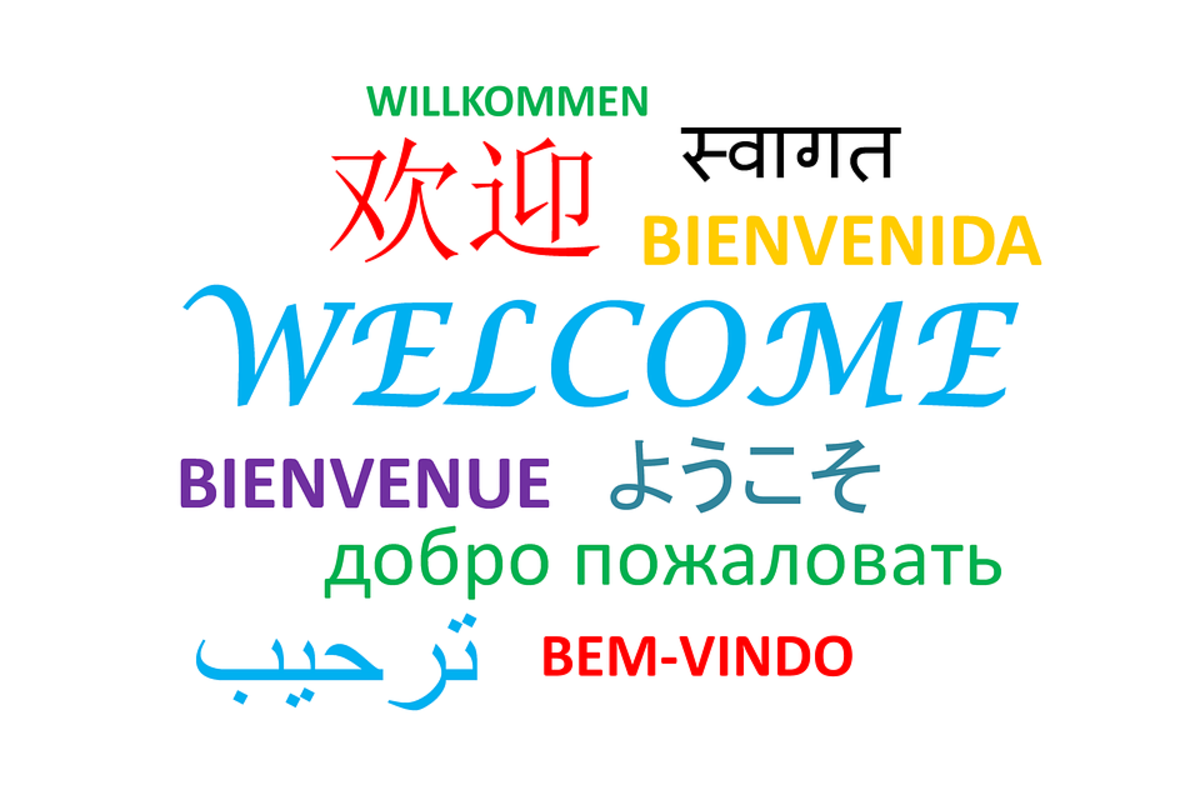The Beginner's Guide to Learning a New Language

Should I Learn a Second Language?
The simple answer is yes. Yes, everyone should know at least one other language in addition to their own. Not only because it increases brain function and the number of people you can communicate with, but also because it forces you to think critically about other cultures and your own. To learn a language, you must understand the context you may be speaking in and understand what different phrases or sayings may mean to different people. For example, in some Latino countries it is offensive to say "no problem" even though we say that on a regular basis in America. To speak a language, you must not only understand the vocabulary and grammar, but also understand the culture in which you would use it.
In America, very few people travel outside of the country or understand other cultures. In most other parts of the world, however, people will speak at least one or two other languages in addition to their own. America has very different values, and while this is not necessarily bad, it means that we have closed ourselves off to other cultures. A majority of Americans do not understand the value of learning a new language or understanding another culture because it isn't valued by our government or education system. By learning a new language, a person can open themselves up to a world of new possibilities and knowledge they may not have discovered otherwise. While it is a challenging undertaking, it is one of the most rewarding experiences an individual can have.
Deciding on a Language
Every language is completely different. They come with different rules, grammar, alphabets, and cultural nuances. In order to have the most success with learning a language, it's important to make sure that you are truly interested in the countries that speak the language as well as the culture. I had previously mentioned that language is firmly grounded in culture, so if you're interested in the culture, learning the language will be a far more enjoyable experience.
The second part to take into consideration is the difficulty of each language. For a native English speaker, Chinese will be significantly more challenging than Spanish. But, if you're more interested in Chinese culture, then learning Chinese would be more enjoyable for you than Spanish. I recommend following your interests because a person will always feel more invested in their interests, regardless of the level of difficulty. Difficulty should never be the deciding factor in which language to learn, but it is something to think about.
Hardest Languages for Native English Speakers

Poll
How many languages can you speak?
How?
Though learning a new language is a very daunting task, it shouldn't be feared. While there is quite a bit to learn, the process can actually be fun and exciting. Here are some of the best ways to get started and some tips for practicing.
1. Knowing where to start is always the most difficult part. I would recommend learning the alphabet first and what sound each letter makes. While most languages will have rules where the letters may be silent or make a different sound, (in Spanish every single letter is always pronounced and always makes the same sound, which is extremely nice) this will help you feel more comfortable with some of the basics.
2. Once you have mastered the alphabet/characters, start thinking about topics you would like to be able to discuss on a daily basis. This is key to fluency because you don't need to know everything about everything in order to be considered fluent in a language. I, as a native English speaker, could not discuss rocket science because I don't know anything about it and have never needed to. Create a list of topics that you like talking about on a regular basis and start researching the grammar and vocabulary necessary to do so. Be very wary of slang terms and idioms though because there is a high probability that they will not translate into the language you are trying to learn. This is where culture starts to come into play because you have to recognize that not everything you say in your native tongue is something said in other languages. This works vice versa as well so be prepared to learn some new idioms, phrases, and words.

Duolingo



3. Find a native speaker of the language that you're comfortable practicing with. Native speakers will always understand the language the best and will be the most beneficial resource for helping you in your journey. I understand that not everyone may know someone who speaks the language they're learning, but there are websites that can help with this, one of which being talkabroad.com. For a fee, you can have a conversation with a native speaker in another country and practice topics that you're interested in. They don't offer every language, but they do offer some of the most popular ones. Something to note is that native speakers may not be able to help with grammar very much. Learning a language as a native speaker is very different from learning it as a second language. Native speakers usually aren't experts in the grammar of their own language because they learned mostly through listening. When you're learning it as a second language, you usually learn it by studying vocabulary and grammar.
4. Find apps and use flashcards so that you can practice on a daily basis. When you're cramming lots of new knowledge in your head, you can sometimes forget what you've already learned. This isn't very productive, so make sure that you spend at least 10 minutes a day reviewing what you've learned so that you don't lose your hard work. I struggled with this a lot, but then I discovered an app called Duolingo. It is also a website and you can find it at duolingo.com. It makes language learning incredibly fun! It has allowed me to practice my grammar, vocabulary, as well as my speaking skills because you can speak with bots. It's absolutely remarkable and free.
5. Stay curious. As you're speaking in your native tongue, think about how you would have this conversation in the language you're learning. Keep a dictionary on your phone to translate words and phrases (for Spanish learners, I recommend SpanishDict) as they come to you. Explore topics that you're interested in and don't be afraid to challenge yourself by attempting to read a book in that language (this may take time so don't be upset if you can't do it right away. Start with a children's book and work your way up). Learn what you want to learn, don't be afraid to challenge yourself, and step outside of your comfort zone.
© 2017 Lindsay Langstaff








